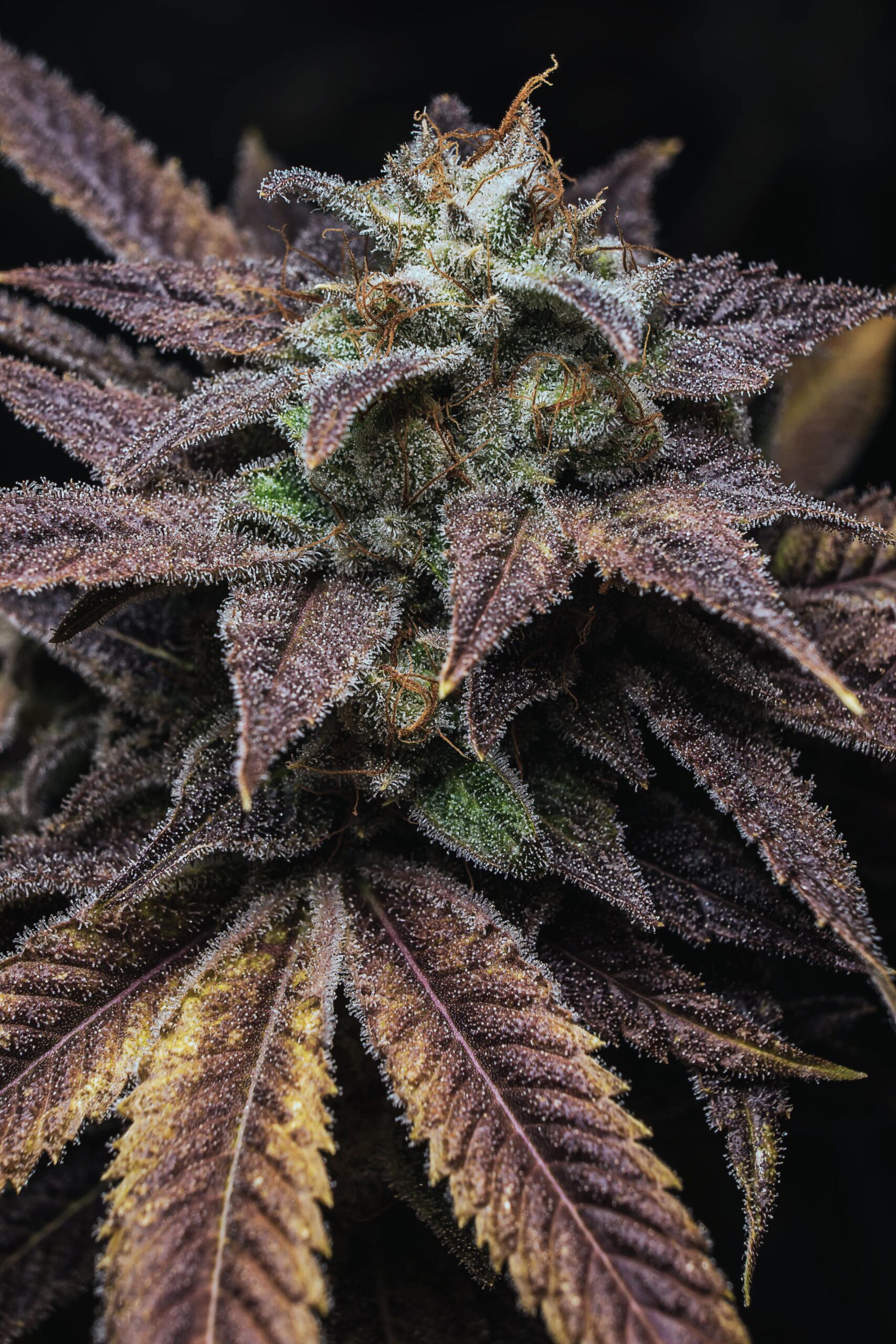

In recent years, cannabidiol (CBD) has emerged as a popular natural remedy for a variety of ailments, ranging from anxiety and stress to chronic pain.
To understand the science behind CBD, we need to delve into the endocannabinoid system (ECS), a complex network that plays a crucial role in maintaining homeostasis.The ECS consists of endocannabinoids, receptors, and enzymes that work together to regulate various physiological processes, including mood, pain sensation, and immune response. CBD interacts primarily with two types of receptors in the ECS: CB1 and CB2. While CB1 receptors are predominantly found in the brain and are involved in regulating mood and pain, CB2 receptors are primarily located in the immune system and peripheral tissues, influencing inflammation and pain perception (Henson et al., 2022; Crippa et al., 2018). Research has shown that CBD can exert anxiolytic (anxiety-reducing) effects, which may be attributed to its interaction with the ECS. For instance, a study found that CBD administration increased levels of anandamide, an endocannabinoid that promotes feelings of well-being, thereby enhancing neurogenesis in the hippocampus, a brain region associated with mood regulation (Campos et al., 2013; Linge et al., 2016). This mechanism suggests that CBD not only alleviates anxiety but may also contribute to long-term improvements in mental health by fostering neuroplasticity (Campos et al., 2013).
CBD’s effectiveness extends beyond anxiety management. Clinical trials have demonstrated its potential in treating chronic pain conditions. By modulating the ECS, CBD can reduce inflammation and pain signaling pathways, providing relief for individuals suffering from conditions such as arthritis and neuropathic pain (Henson et al., 2022; Gulbransen et al., 2020). Additionally, CBD has been shown to improve sleep quality, which is often disrupted by chronic pain and anxiety (Moltke & Hindocha, 2021). A survey indicated that a significant percentage of CBD users reported using it to enhance sleep, highlighting its multifaceted benefits (Moltke & Hindocha, 2021). The therapeutic potential of CBD is further supported by its favorable safety profile. Unlike its psychoactive counterpart, THC, CBD does not produce a “high,” making it an appealing option for those seeking relief without the associated cognitive impairment (Bhamra et al., 2021). Systematic reviews have confirmed that CBD is generally well-tolerated, with minimal adverse effects, which enhances its viability as a treatment option for various health conditions (Chesney et al., 2020; Larsen & Shahinas, 2020). I
The science of chill through CBD lies in its intricate relationship with the endocannabinoid system. By modulating receptor activity and enhancing the levels of beneficial endocannabinoids, CBD offers a promising avenue for managing stress, anxiety, chronic pain, and sleep disturbances. As research continues to unfold, the potential applications of CBD in promoting overall well-being are becoming increasingly evident.